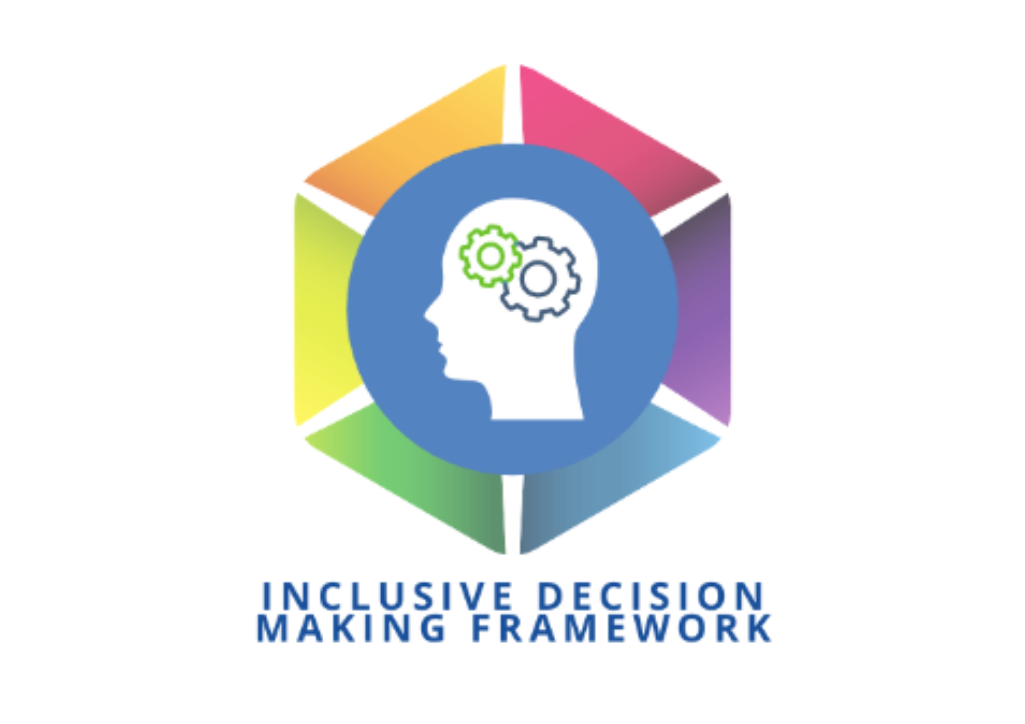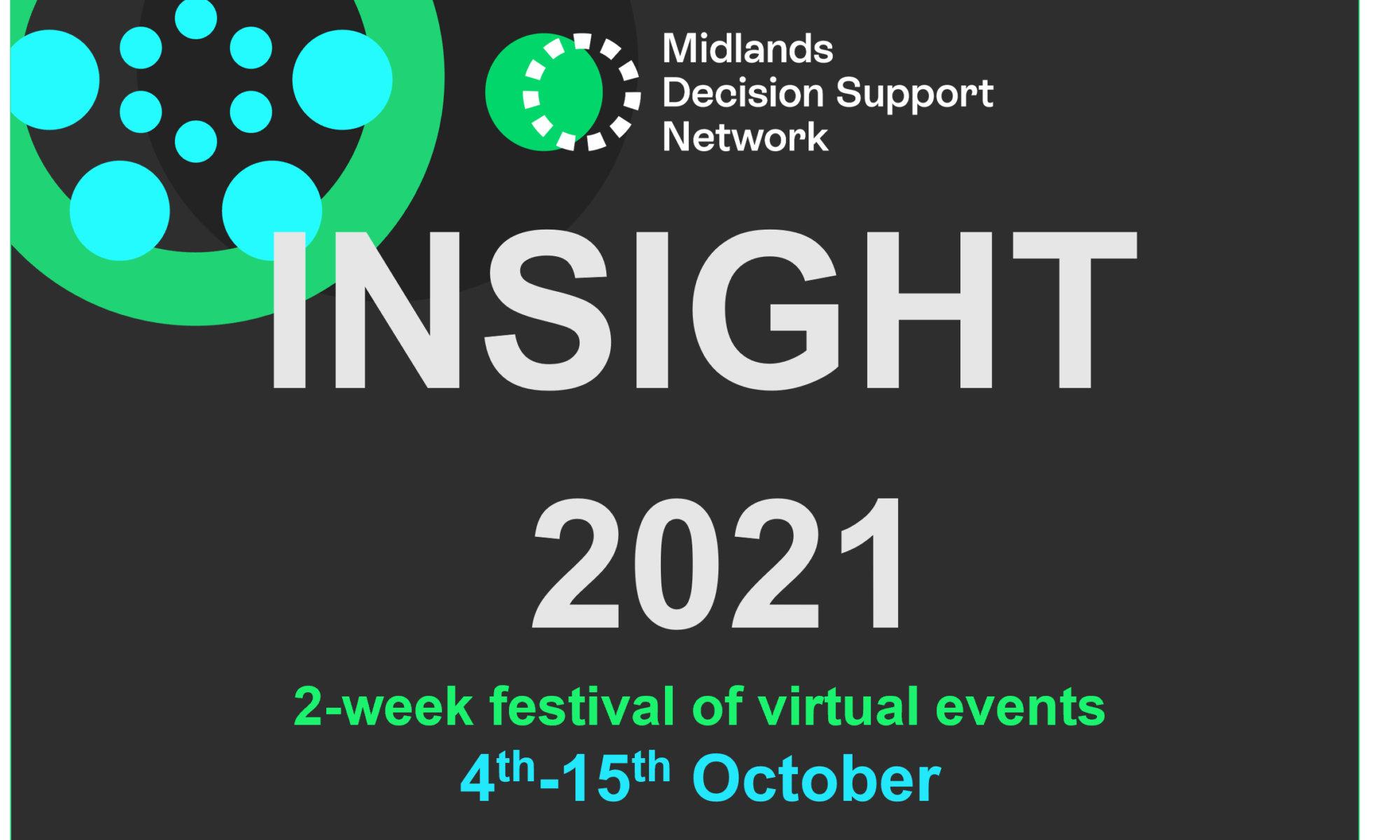As the NHS braces itself for a surge of patients who have been putting their health issues to one side during the COVID-19 pandemic, what can be done to target interventions to improve overall health and wellbeing and protect the precious capacity of our health system? Midlands and Lancashire Commissioning Support Unit’s Director of the Health Economics Unit Andi Orlowski recently joined a panel of experts to record five short videos on the role population health management (PHM) can play. Visit https://www.novartis.co.uk/populationhealth to watch them.
The videos were produced by pharmaceutical firm Novartis and look to explain what PHM is and how it can be used to drive collaboration and partnerships across local systems and improve outcomes for the communities they serve.
Andi was joined on the panel by:
* Bevleigh Evans: Head of population health management for NHS England and Improvement (NHSEI)
* Dr Dan Alton: GP, National PHM clinical advisor for NHSEI, and PHM clinical lead Berkshire West
* Chinmay Bhatt: Managing director for the UK, Ireland and Nordics, Novartis
What is population health management?
Whilst all are big advocates for the role of PHM in proactively improving the wellbeing of our communities, the panel each had their own take on how exactly to describe it. Dr Dan Alton neatly summed PHM up as “designing services to meet the needs of our population”. That might sound obvious, but how do we really know what the needs of our population are?
This is where we can help, with our population health analytics service. Our team of passionate analysts will work with you to identify patterns in health outcomes for different groups of the population and help you better understand the challenges and risks they face. This, in turn, supports you in making informed decisions or evidence-based proposals on the best way to target new health interventions to reach the groups where the most impact will be felt.
Partnership and collaboration are key
Astonishingly, only around 20% of a person’s health outcomes are attributable to their ability to access good quality health care. The other 80% are made up of ‘social determinants of health’. These include health related behaviours, socio-economic factors, and environmental factors, and they all play a part in the chances of someone living a long, happy and healthy life.
Using data to influence change
In the videos, the panel discusses a surprising real-life example to bring this to life – assisted bin collections, a service some local councils offer to help people take their bins out if it is difficult for them to do so. When Andi and the team started looking at this data, it became clear that these people were highly likely to have a worsening condition or social need that could be improved with the right intervention. By looking at this data alongside the other metrics available to us, we were able to identify a group of people who could be proactively supported by their local primary care network.
Going a step further, Bevleigh Evans explains how this information can be used to influence other service leaders, such as acute chief executives, who all have their own pressures and priorities. “I ask them why they need to care about Mabel who can’t get her bin out anymore. The answer is because she is their next fractured hip”, Bevleigh says. “She’s the pre-frailty group that you need to work together as a system to help.”
To find out more about our services supporting population health management, tap the System Design section and see contact details at the bottom.



